With just over a month to go until election day, both candidates are gearing up for the final stretches of their campaigns. For the St. Stephen’s and St. Agnes School community and the nation, that means another pivotal election and the conversations that come with it. Students, especially those who are eligible to vote, have much to consider. Regardless of who wins, the outcome carries significant ramifications.
Students’ thoughts on the election are mixed. In a survey of 127 students, 44% said that they were optimistic about the election, while 35% said they were pessimistic, and 20% said they do not feel either way. Many expressed concerns with both candidates, one saying, “The choices aren’t the best that they could be right now. I think there is a lot of chaos in the political world and I am going to support the candidate that decides to make positive change and fight for all people.”
Student engagement is relatively strong, with 80% of respondents saying they were either very or somewhat engaged in this election. In addition, 58% said that they watched part of the presidential debate on September 10th, and another 24% said they watched all of it.
Politics in the national discourse has had an effect on students and how they express political opinions, evident in the decreased political discourse at the school. In past years, there were active political clubs that fostered robust conversations around politics, however, it has been several years since any have been active. While discussing political clubs Mr. Garikes said, “I think kids have avoided some of that because politics has gotten so confrontational outside the school community.”
While it no longer takes place in organized environments, political discussion certainly still occurs; “I have found that as the election has drawn closer, my friends and I have begun to discuss it more and more,” said one poll respondent.
There are a wide range of issues students consider most important in this election, with abortion ranking as the top issue. Half of respondents said that abortion was one of their top three most important issues. The economy and gun policy ranked as the second and third most important issues respectively. In a departure from national trends, immigration ranked as the second least important issue, with just 24% saying it was one of their most important issues.
Young voters tend to lean Democratic, and in a New York Times poll conducted in early September, Kamala Harris held a 21% lead among young voters ages 18 to 29. However, young voters are not a monolith and have varied concerns, with increasing differences amongst their vote. The results of a New York Times poll conducted in August showed Harris leading Trump among young women by a whopping 33%, while Trump leads among young men by 13%.
Several students said that Donald Trump was a major concern for them. They mentioned issues including his actions around the 2020 election, project 2025, LGBTQ rights, and his personal character. Several said they considered him morally compromised, with one student saying, “Trump is a criminal, a liar, and unfit to lead our country.”
Others derided Harris as similarly dangerous to the nation, with several expressing concerns about her positions on immigration, blaming her for the situation at the southern border. Her record as a prosecutor came up as well, some describing her as too progressive.
Nationwide, political violence and extreme rhetoric has been on the rise, with both sides blaming the other candidate. JD Vance recently criticized a Democratic representative who called for former president Trump to be “eliminated” saying, “look, we can disagree with one another, we can debate one another, but we cannot tell the American people that one candidate is a fascist and if he’s elected it is going to be the end of American democracy.”
However that same week Trump said of Harris, “she’s a marxist, communist, fascist, [and a] socialist.”
The administration is preparing for its role to ensure the school is a space where both sides of the political spectrum can express their opinions and concerns, and to educate students on political topics. Mr. Garikes, the school’s longtime government teacher, emphasized the importance of presenting both sides of the political spectrum in the classroom and understanding the other side’s opinions.
Mrs. Adams, the head of school, reiterated this point, saying, “our job is to educate people and also to allow [students] to form [their] own opinions.”
Throughout October, the school will be hosting forums on the election held by Mr. Garikes. They will touch on issues including the electoral college, state election rules, vote counting, and other topics of interest. The importance of political education was a key point of Mrs. Adams, who said “As a school, we want to make sure that we are providing a place for students to learn about the political process, to learn about policies, to learn about why swing states matter [for example].”
No matter who wins in November, this will be a historic election. A vice president who entered the race unprecedentedly late, against a former president who has survived two attempted assassination attempts, been impeached twice, and has several criminal cases pending against him. As Mr. Garikes said, “There’s been nothing like this in the history of the United States.”
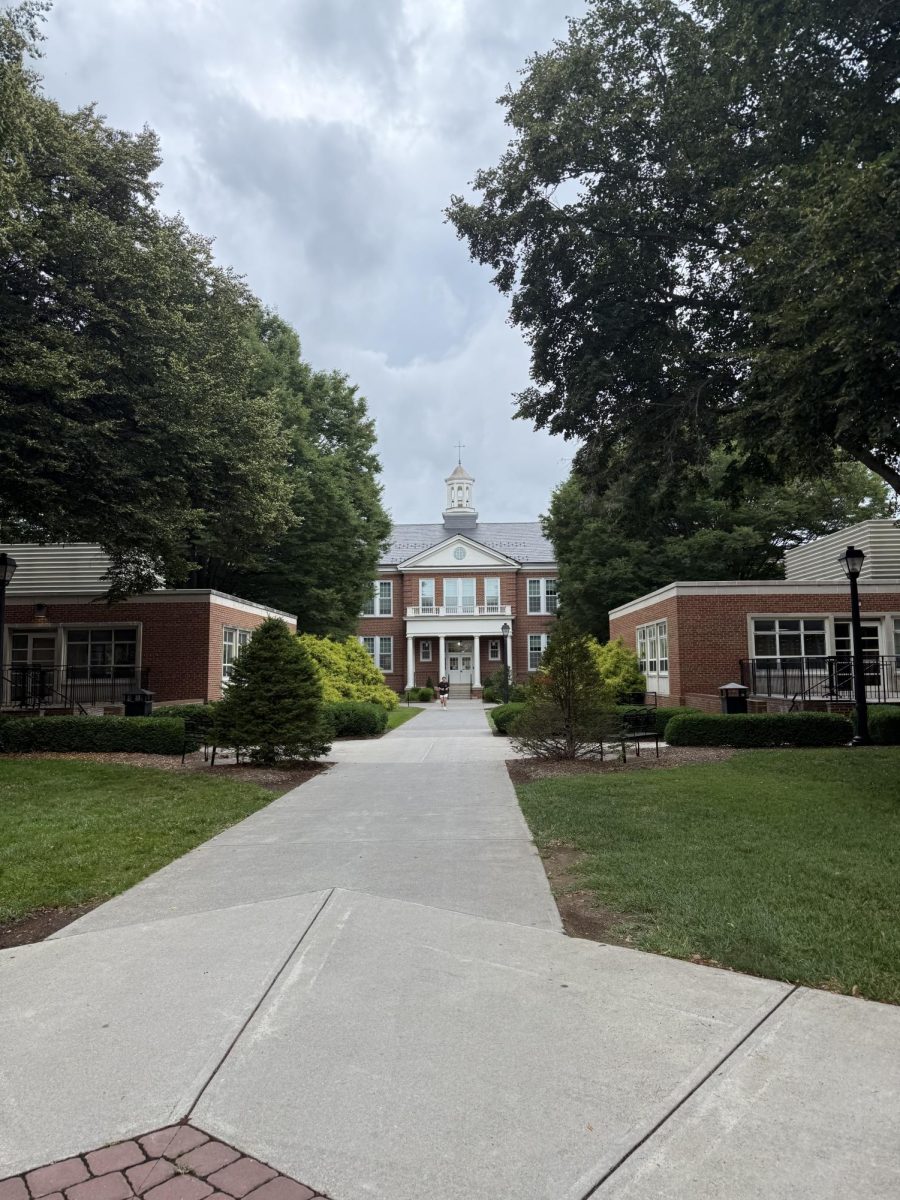
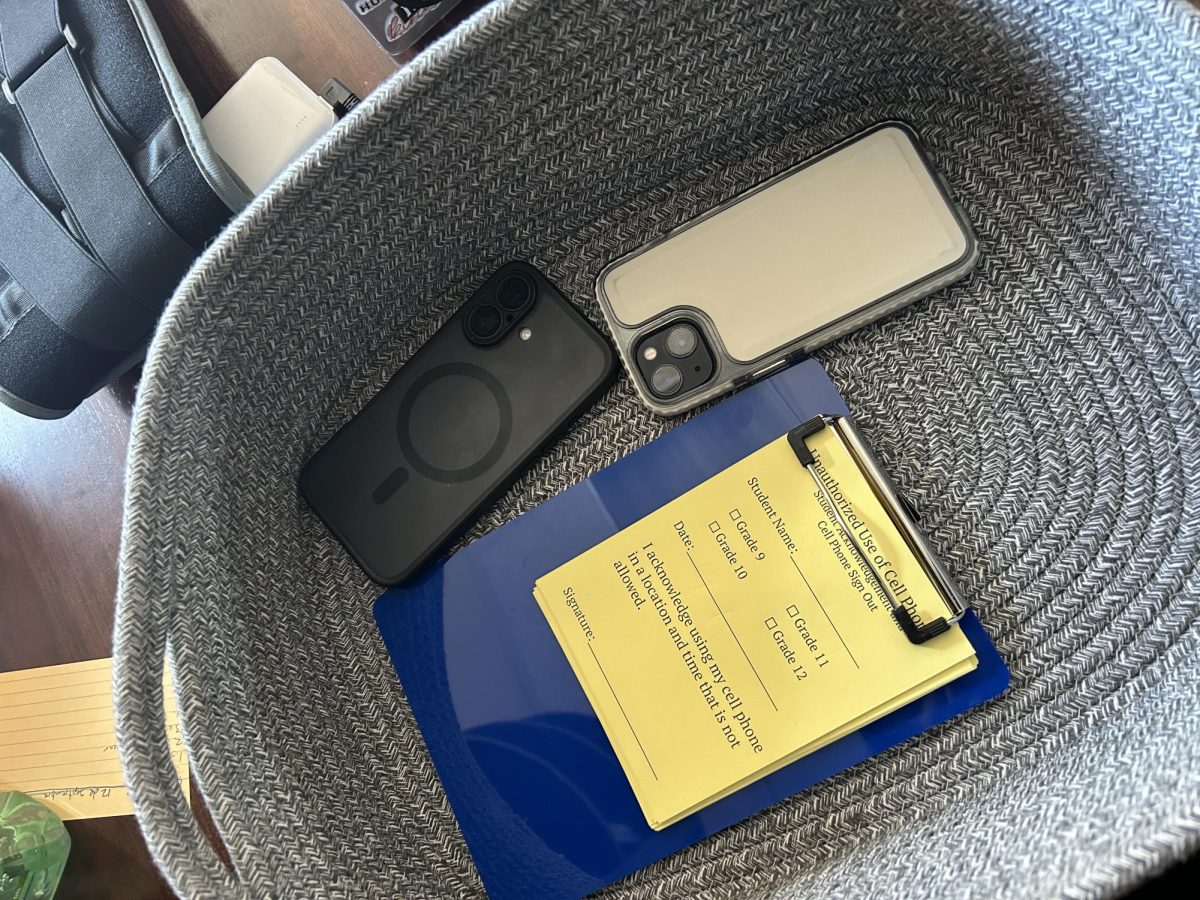

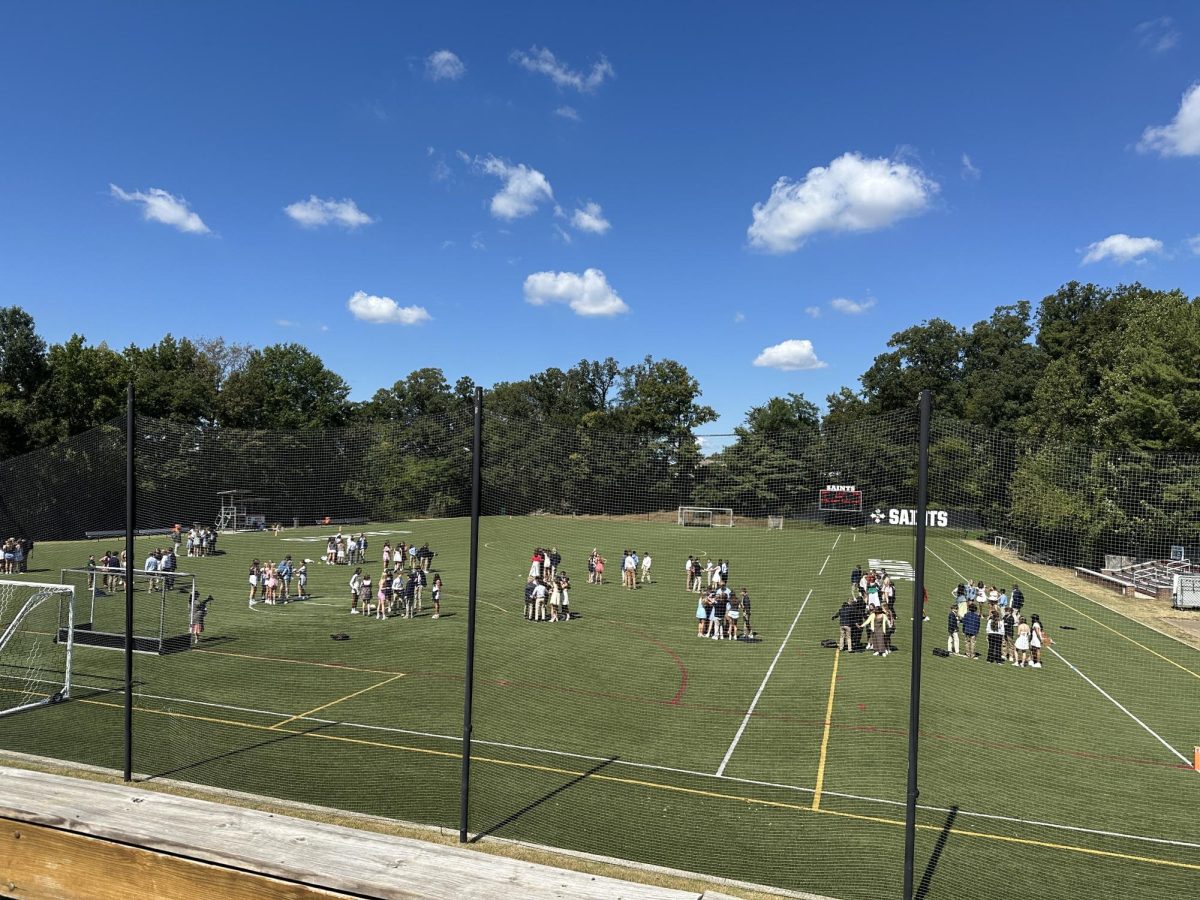
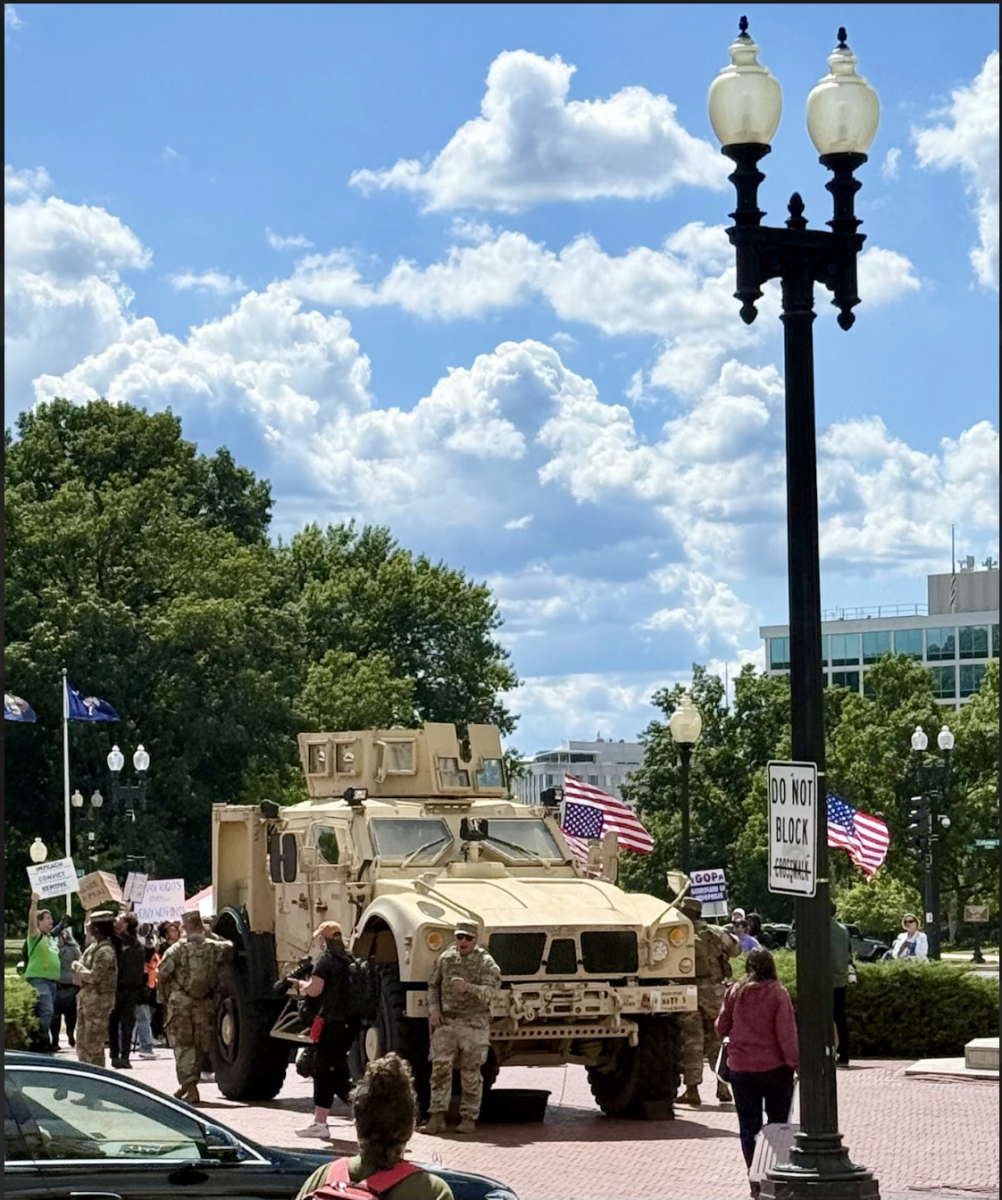
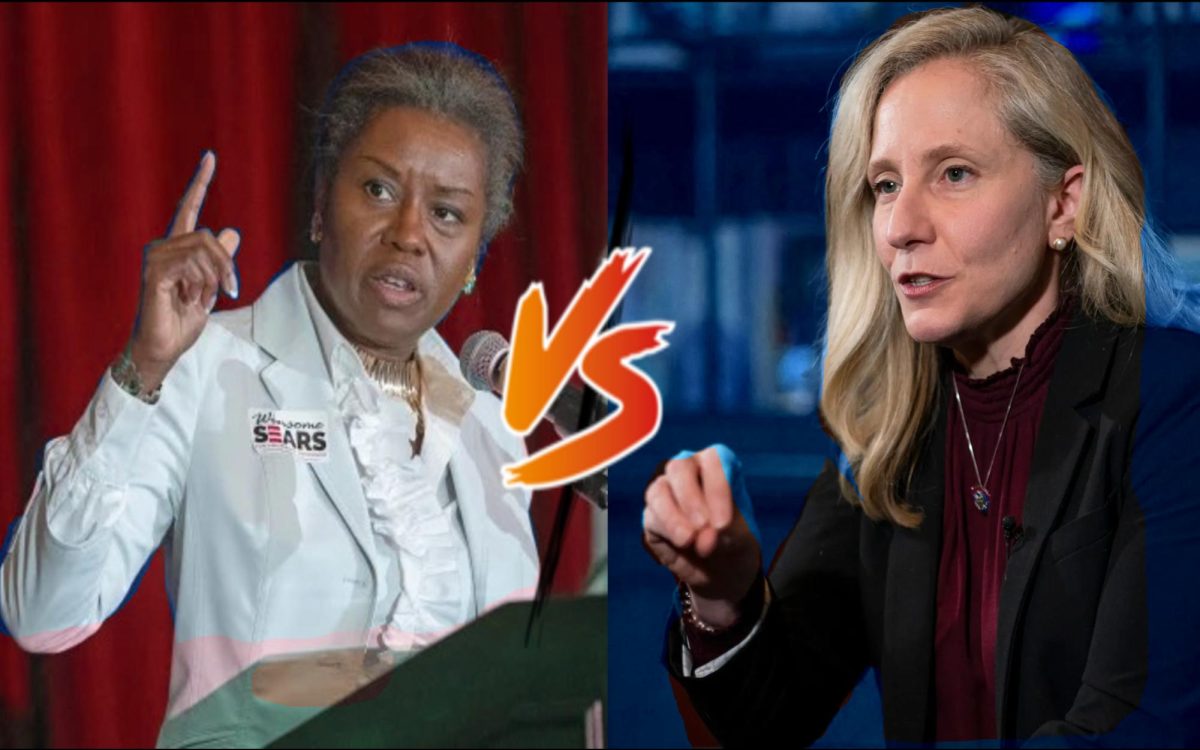

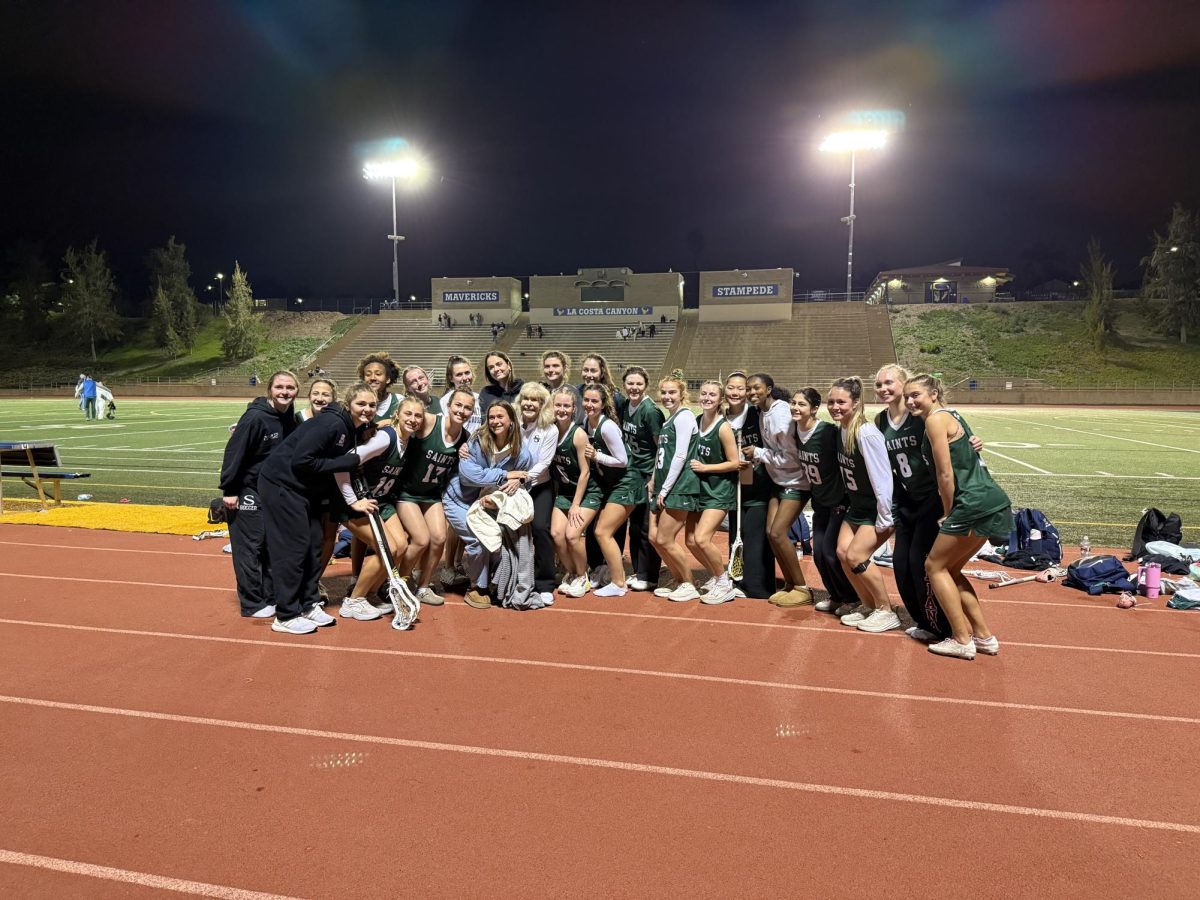

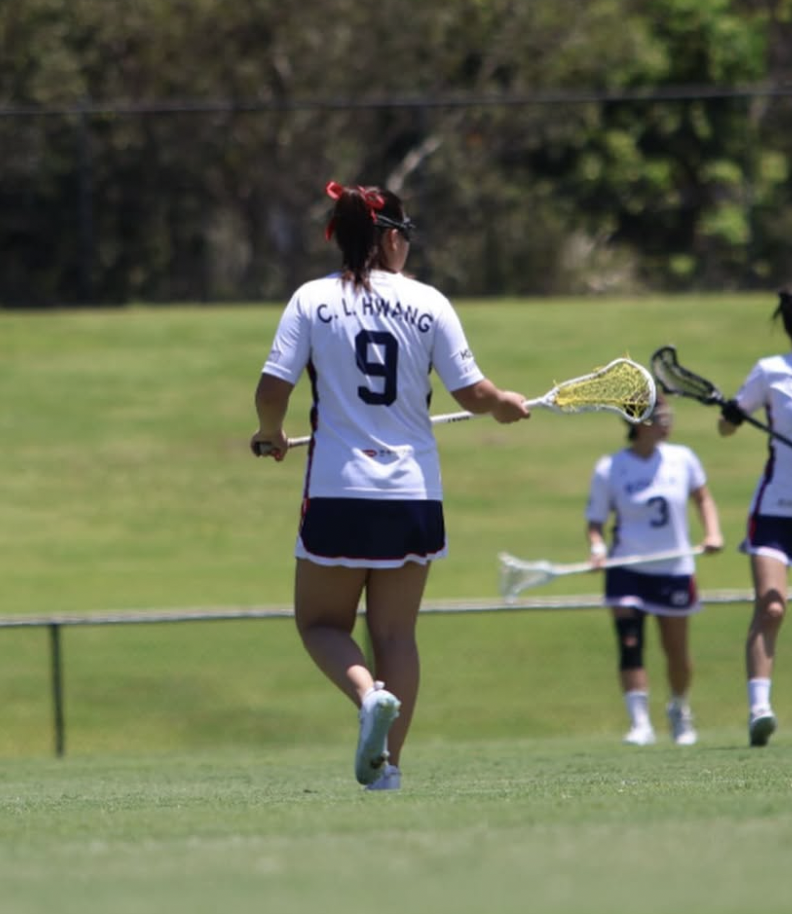
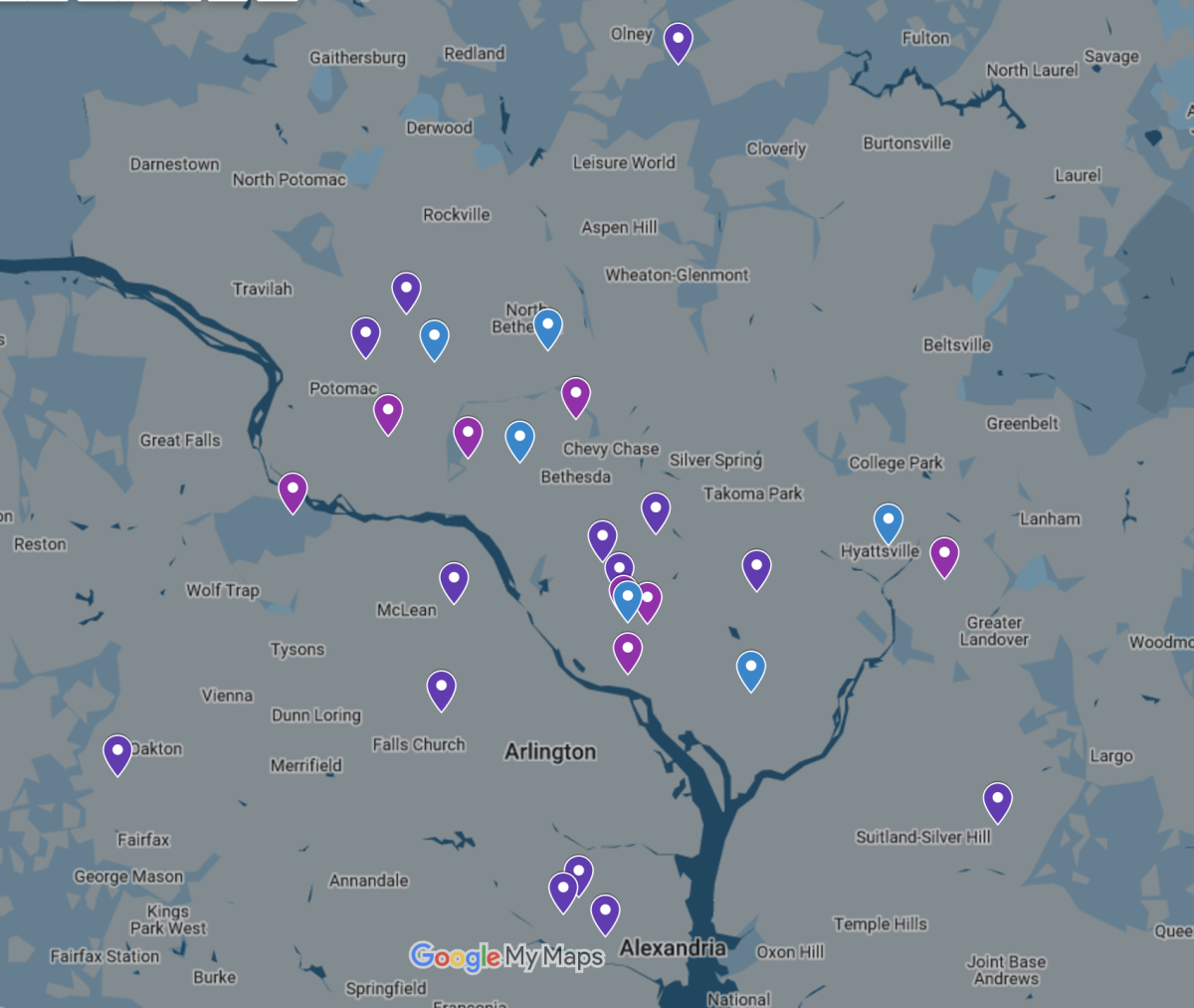


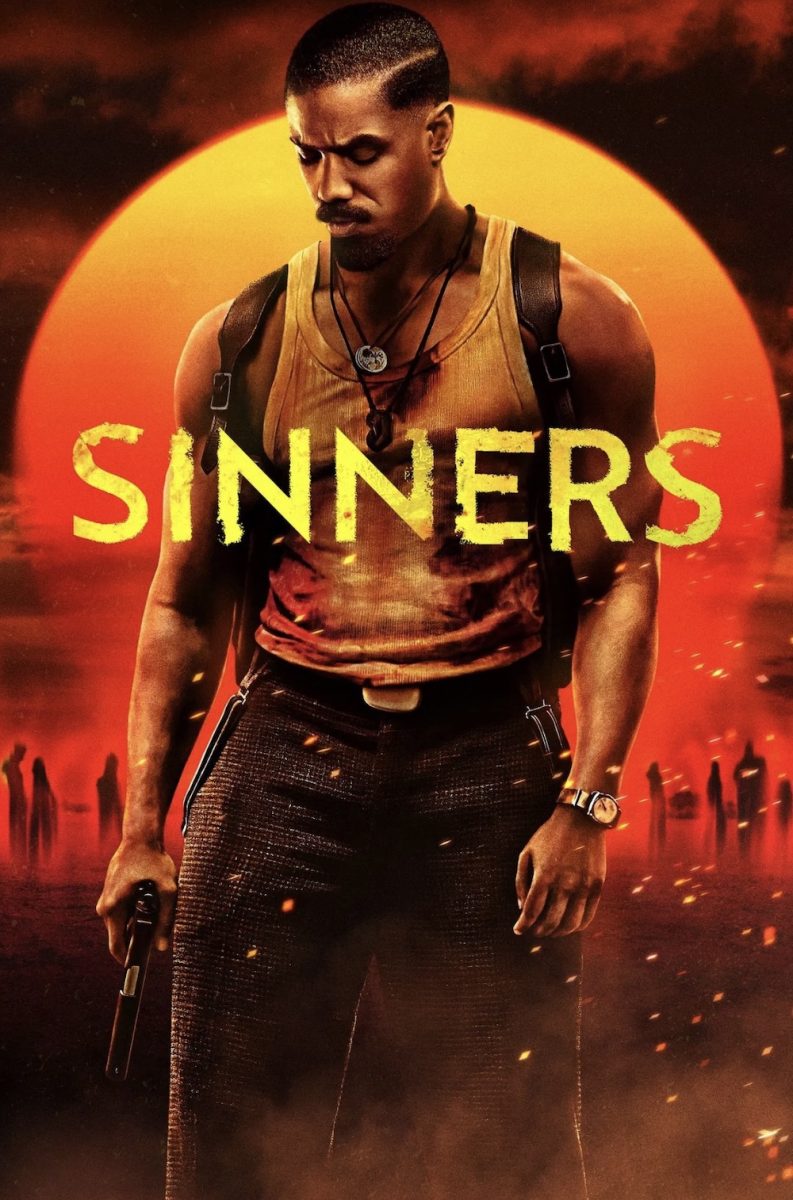

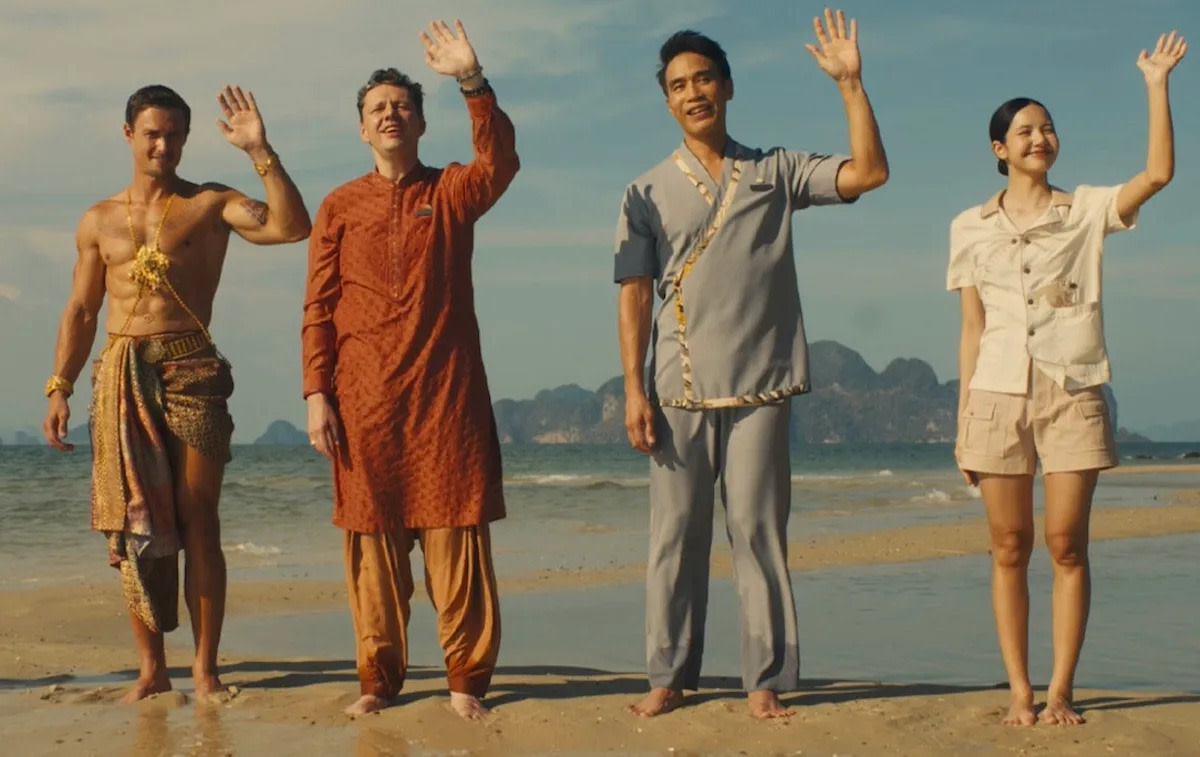

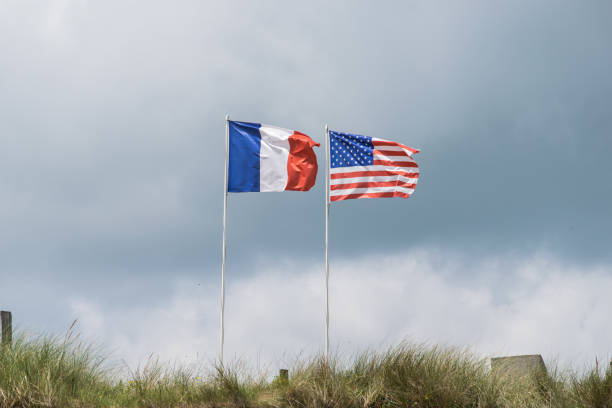
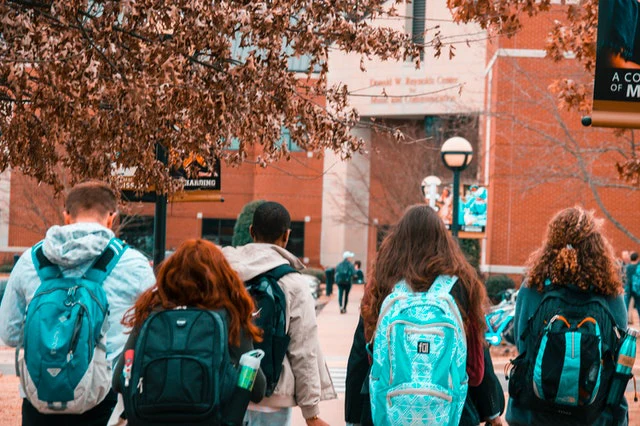



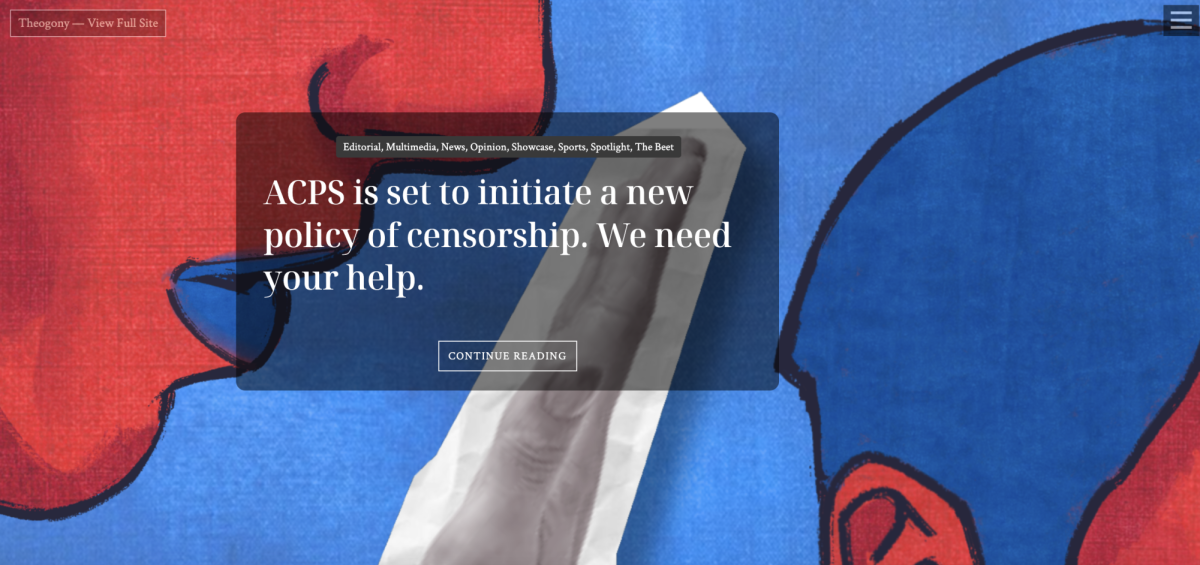
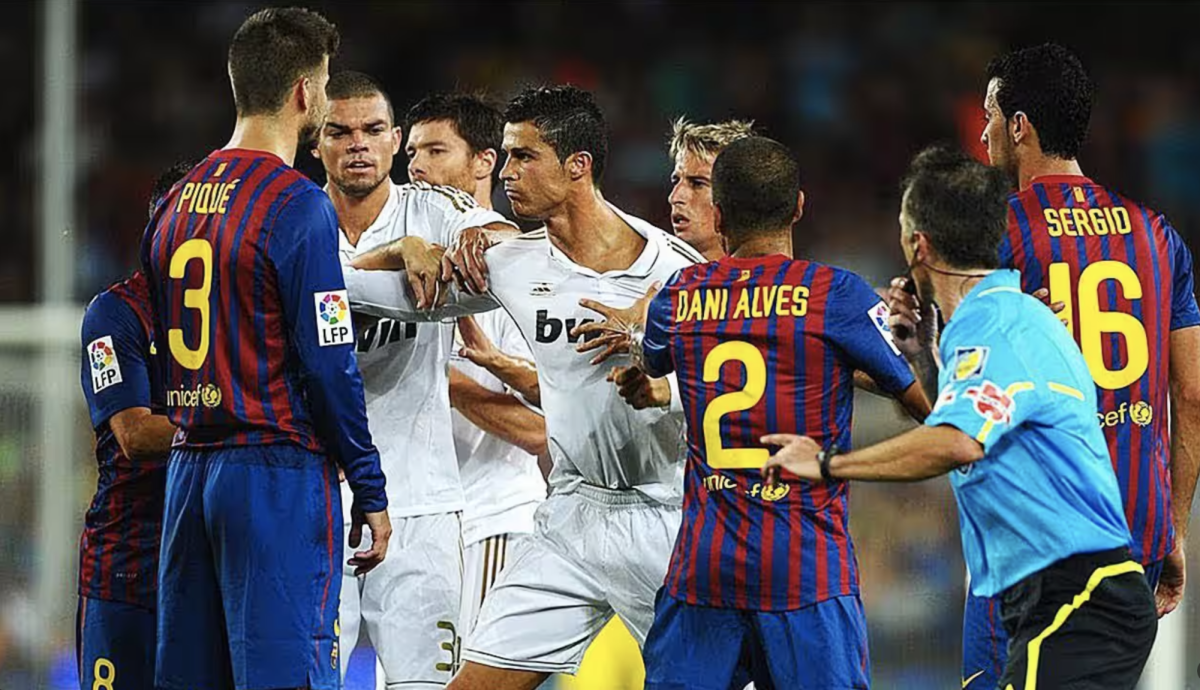
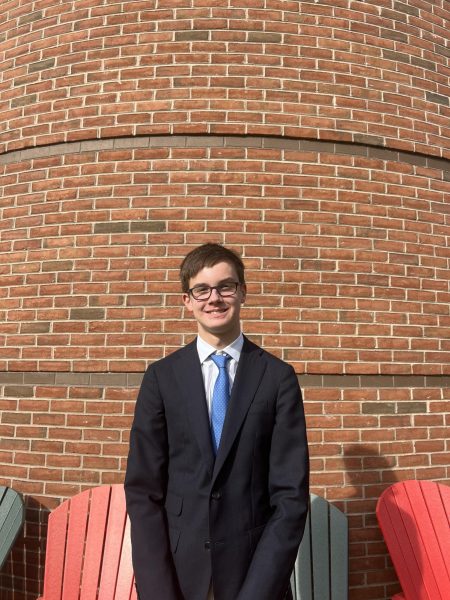
Carter • Oct 7, 2024 at 9:36 am
well written expose, monsieur hendy
– Carter Shaw Taylor